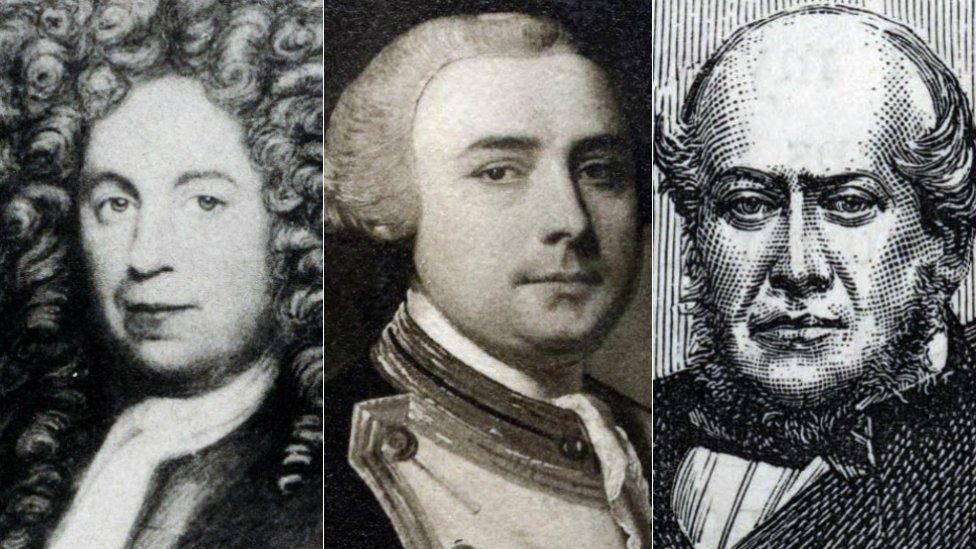Liverpool school renames houses over slave trade links
- Published
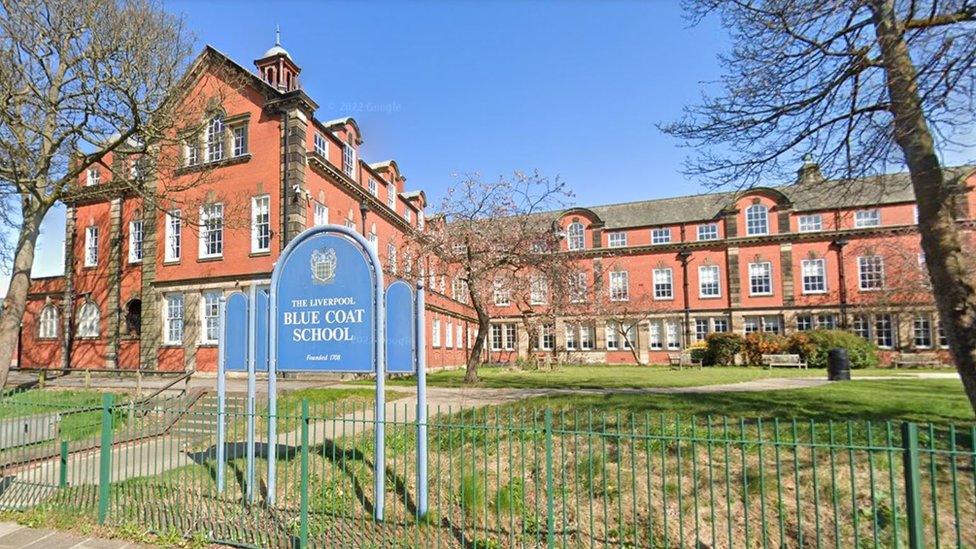
The Blue Coat School said the new names were "more reflective of our society and our current values"
A school has changed the titles of five of its six houses to remove names of people connected to the slave trade.
The Blue Coat School in Liverpool said they were being renamed as they "were not reflective of the modern world".
The high school faced calls to remove the name of its founder, maritime merchant Bryan Blundell, following the Black Lives Matter campaign in 2020.
The school also now removed the names Shirley, Graham, Bingham and Styth, due to their historical links to slavery.
The city of Liverpool played a key role in the triangular trade and many of its streets, place names and other features are named after figures with links to trade.
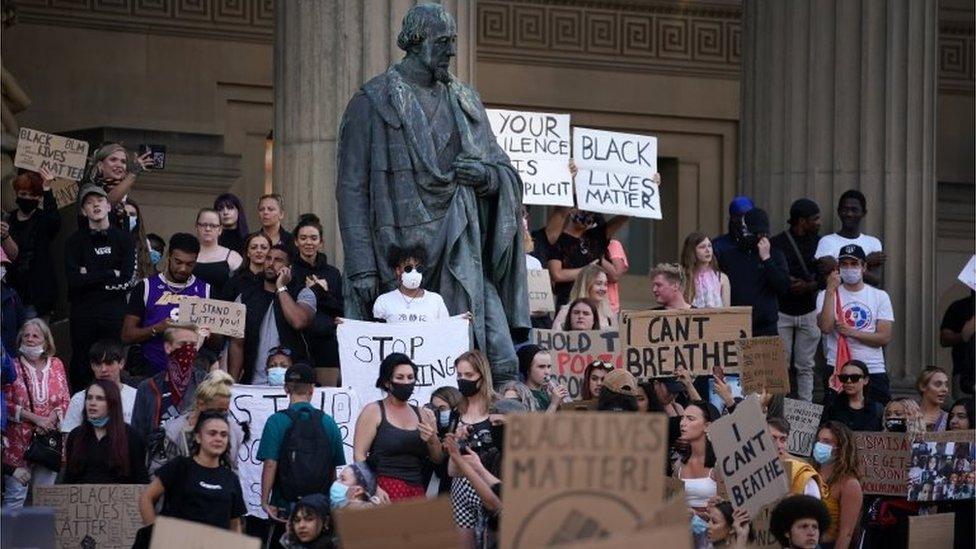
Black Lives Matter protesters took to the steps of Liverpool's St George's Hall in June 2020
In a letter to parents, the Wavertree school confirmed it had come to the end of a "long process", but said it was an "important one to get right", the Local Democracy Reporting Service said.
After an 18-month consultation headteacher Scilla Yates said the school had developed a set of house names "more reflective of our society and our current values".
The houses have been named after people who have pioneered science, challenged slavery and served their country and inspired students through their "values, experiences and ability to overcome challenges".
The new houses will be named Marie Curie, Dr Rosalind Franklin, William Roscoe, Mary Seacole, Alan Turing and the Tod family.
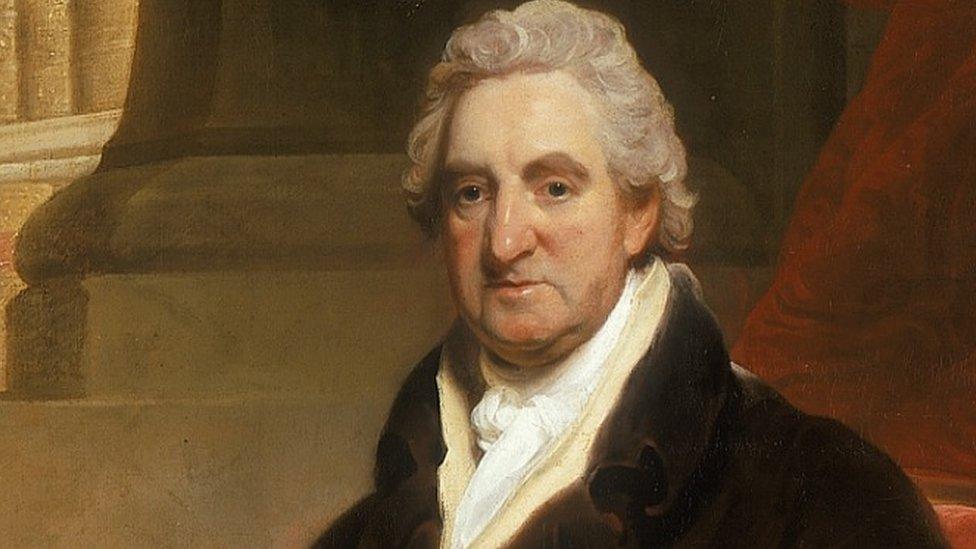
MP William Roscoe supported the end of British involvement in the slave trade
Dr Franklin was a scientist who conducted a series of experiments during World War Two and contributed to the discovery of DNA, while Mr Roscoe served as a Liverpool MP who denounced the slave trade.
Mary Seacole was a nurse, businesswoman and humanitarian, who was born in Jamaica and went to provide food and care for British soldiers during the Crimean war.
The Tod family have supported the school for over 50 years and helped it stay open during the 1980s.
A portrait of Blundell in the library and memorial stone in the chapel will remain, but will be accompanied by plaques to educate students about the slave trader's past.
The annual Founders' Day, will also continue as "an educational opportunity for students to learn about the heritage of the school, so that the school is not "celebrating" our founder but teaching our students about our history in an open and honest way."

Why not follow BBC North West on Facebook, external, Twitter, external and Instagram, external? You can also send story ideas to northwest.newsonline@bbc.co.uk
- Published24 August 2020
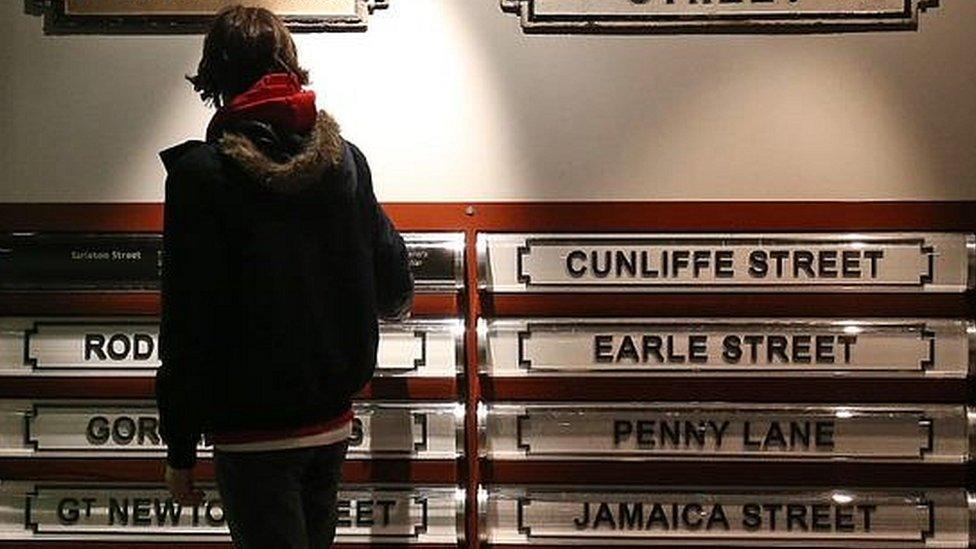
- Published8 June 2020
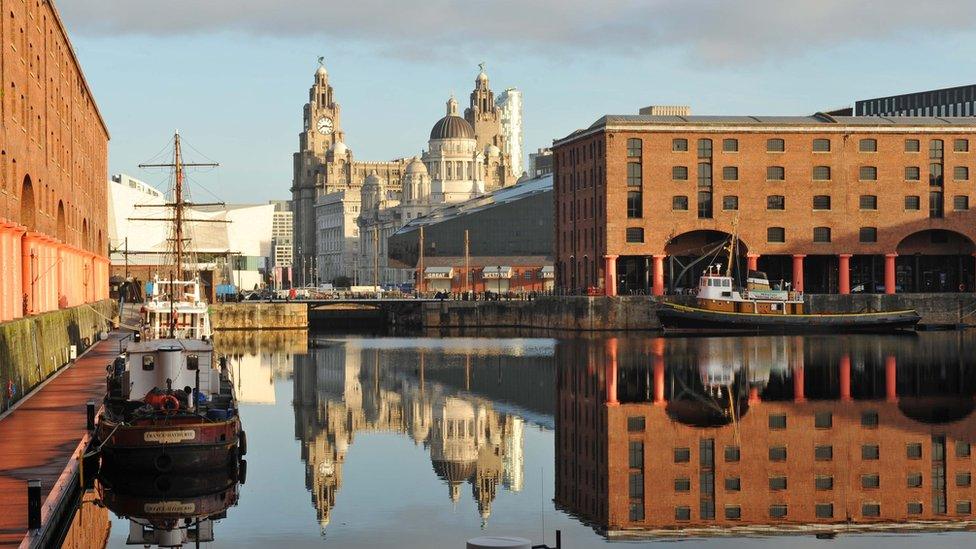
- Published15 January 2020
